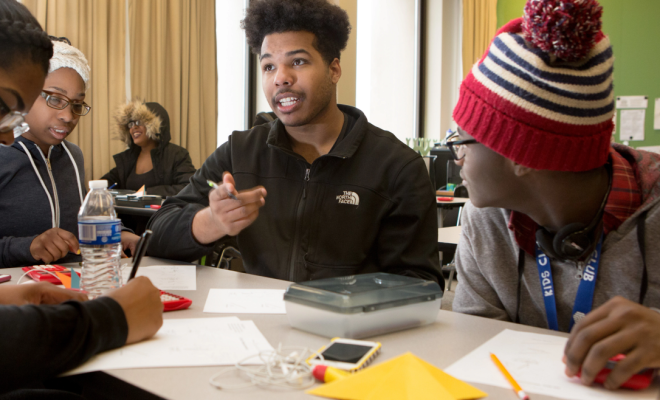6 Reasons I’m Not a Perfect Teacher, and That’s OK

Being a teacher is a challenging role, and it’s important to acknowledge that no one is perfect, including myself. Here are six reasons why I embrace my imperfections as a teacher and understand that it’s perfectly fine:
1. Learning is a lifelong process: As a teacher, I realize that there is always something new to learn, whether it’s a new teaching method, technology, or subject matter. Embracing the fact that I’m not perfect allows me to remain open-minded and continuously grow and evolve in my profession.
2. Adapting to diverse student needs: Every student is unique and learns in different ways. Recognizing that I’m not a perfect teacher allows me to be flexible and adapt to each student’s individual learning needs. It’s okay if I don’t have all the answers; what matters is that I am willing to learn alongside my students and find the best approach that works for each of them.
3. Making mistakes is a part of the learning process: Just like my students, I make mistakes. And that’s okay. By acknowledging and learning from my mistakes, I can role model to my students that it’s alright to stumble and that mistakes are opportunities for growth and improvement.
4. Building resilience: Teaching can be emotionally and physically demanding. Accepting my imperfections as a teacher helps me build resilience and cope with the daily challenges that come with the profession. I understand that setbacks and obstacles are inevitable, but it’s how I respond to them that truly matters.
5. Collaboration with colleagues: No teacher works in isolation. Recognizing that I’m not a perfect teacher allows me to collaborate and learn from my colleagues. Sharing experiences, ideas, and resources with other educators can enhance my teaching practices and benefit my students’ learning outcomes.
6. Reflecting on my teaching practices: Regular self-reflection is essential for professional growth. By acknowledging that I’m not a perfect teacher, I can reflect on my teaching practices, identify areas for improvement, and make necessary adjustments to enhance student learning experiences. This ongoing process of self-reflection fuels my commitment to lifelong learning and professional development.
In conclusion, being aware of my imperfections as a teacher is not a cause for dismay but rather an opportunity for growth and self-improvement. By embracing my imperfections, I can better serve my students and create an environment where learning and personal growth are celebrated. And that’s perfectly okay.

